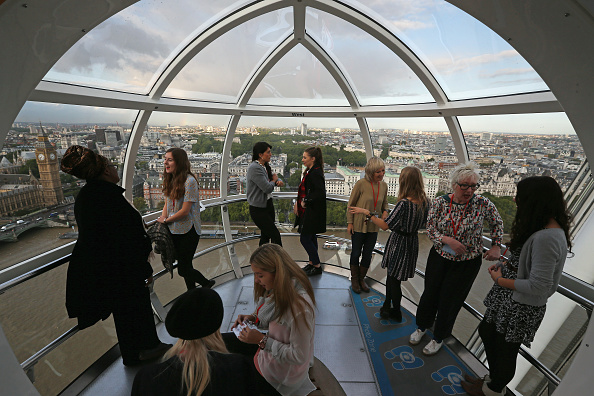Worried about the skills shortage in London? Look to devolution

Apprenticeships are powerful examples of how boroughs and businesses can work together to create meaningful work and training opportunities for Londoners.
Yet, the research that we at London Councils and London Chamber of Commerce and Industry (LCCI) are launching today shows that the system is failing London and needs reform.
Since 2017, the apprenticeship levy has been available to fund the delivery of apprenticeships, with the aim of improving their quality and quantity. But over two years on, these funds are often under-utilised, or not even taken advantage of at all, by businesses.
Our London Business 1000 poll, conducted with ComRes, shows that close to nine in 10 (86 per cent) businesses don’t currently employ apprentices, while 60 per cent of levy-paying firms expect to use less than half their levy over the next year. Nor are matters improving, with a mere 16 per cent indicating that they will use more than half of their levy – a significant drop from 28 per cent last year.
At a time of near record employment with employers struggling to find the skilled candidates they need, the number of businesses employing apprentices is worryingly low. Our research suggests that limitations in the levy have prevented firms from creating the apprenticeships their businesses need, reducing the number of opportunities available to Londoners and compounding recruitment challenges.
Businesses and boroughs know that apprenticeships can be transformative for individuals looking for a career path bursting with development opportunities and employers seeking a diverse cohort of new recruits to train up. But there are clear operational issues with the current system.
To boost apprentice numbers, full devolution of the apprenticeships and skills system to London government is necessary. We have set out our proposals for an ambitious skills devolution deal with the mayor of London in the Skills for Londoners Call for Action.
London’s local leaders work closely with the capital’s key industries, and the workforce is their electorate. They are unquestionably best-placed to put resources to work so that education and training serves local communities.
Indeed, 82 per cent of business decision-makers who participated in the Business 1000 poll agree that local London councils should have the powers and funding to integrate employment, skills and apprenticeships in their local area.
The UK is highly centralised, with London government controlling around seven per cent of the tax raised in the city. In New York, meanwhile, that figure reaches 50 per cent. Lack of control over its own funds has made it more difficult for London authorities to respond to local challenges.
The leaders and mayors of all 32 London boroughs and the City of London Corporation recognise this challenge, and have come together to agree on a joint action plan for 2022, through London Councils. One of these pledges to Londoners commits to working in partnership with LCCI and other London businesses and business groups to call for reform of the apprenticeship levy.
Ringfencing London’s levy contribution via devolution would allow local government to support a skills system in the capital that increases social mobility and enables businesses to better navigate challenges posed by a competitive market.
Until we reach that point, there are some immediate fixes required to the national system, such as having the government work with the Institute for Apprenticeships to speed up and increase the development of apprenticeship standards. To ensure that transferable skills are identified and developed, a better data system for apprenticeships is needed.
Employers should also be allowed to use some levy funding for pre-employment training, and it should be easier for different employers to collaborate on the use of their funds.
But with full levy devolution, London’s councils and businesses can work symbiotically to ensure better skills development, work opportunity, and economic growth in the capital. We owe that to all Londoners.
Main image credit: Getty